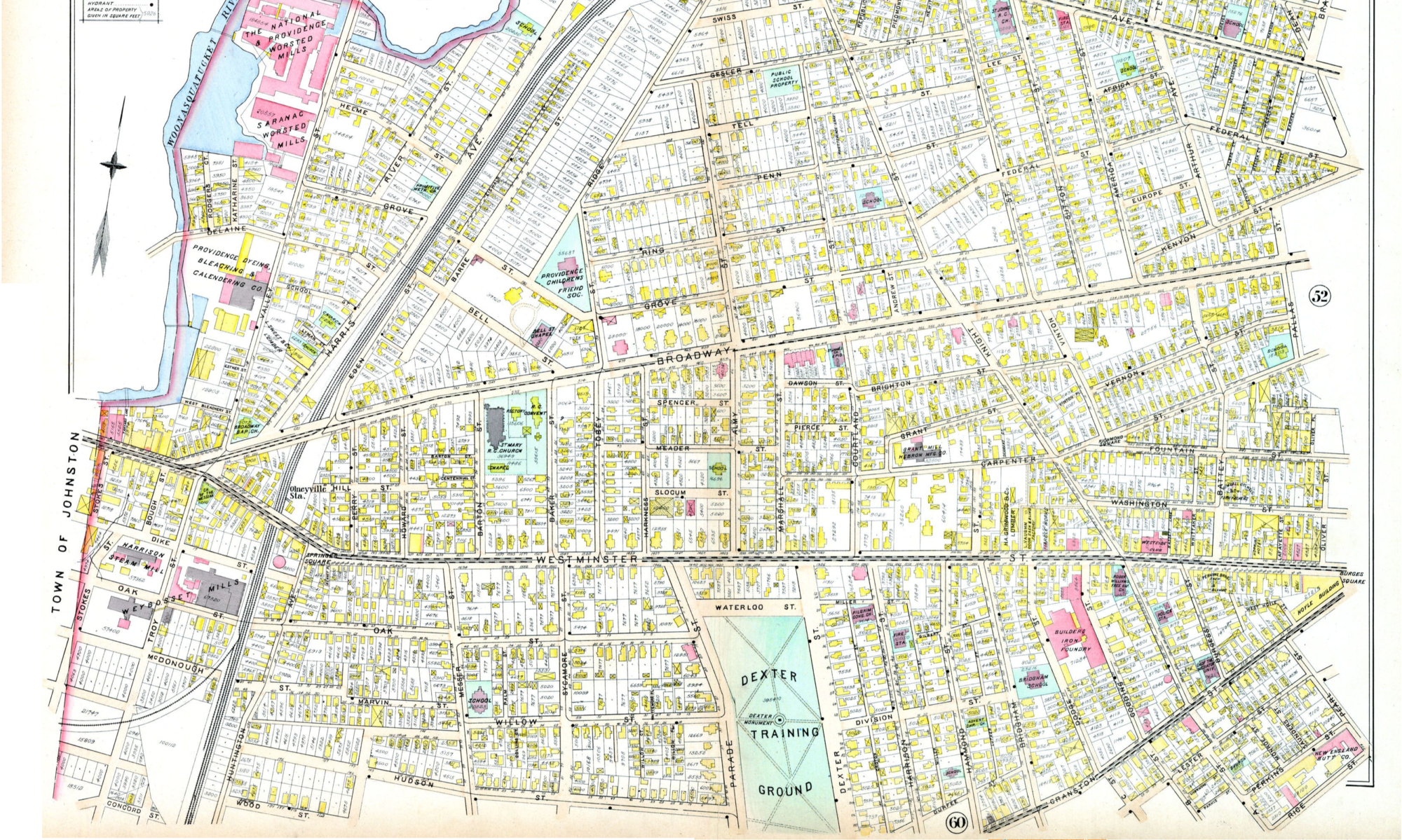 There was a fantastic article by Stephen Marche in the July/August edition of The Atlantic. I found it an extremely articulate examination of the connection between patriarchal inertia and modern parenting trends. The article’s sub-head declares that “The central conflict of domestic life right now isn’t men versus women or mothers versus fathers; it’s the family against money.” It postulates that most domestic decisions in younger couples these days are made because of financial imperative rather than patriarchal power dynamics, and yet the hollow shell of our patriarchal societal structure does not help equalize the residual disparities. One of many excellent paragraphs:
There was a fantastic article by Stephen Marche in the July/August edition of The Atlantic. I found it an extremely articulate examination of the connection between patriarchal inertia and modern parenting trends. The article’s sub-head declares that “The central conflict of domestic life right now isn’t men versus women or mothers versus fathers; it’s the family against money.” It postulates that most domestic decisions in younger couples these days are made because of financial imperative rather than patriarchal power dynamics, and yet the hollow shell of our patriarchal societal structure does not help equalize the residual disparities. One of many excellent paragraphs:
We live in a hollow patriarchy: the edifice is patriarchal, while the majority of its occupants approach egalitarianism. This generates strange paradoxes. Even women with servants and powerful jobs and hundreds of millions of dollars feel that they have an institutional disadvantage. And they’re right. Women in the upper reaches of power are limited in ways that men simply are not. Various men’s movements have emerged, purportedly to provide a counterweight to feminism, but this proposition is inherently absurd. The greatest power still resides in the hands of a few men, even as the majority of men are being outpaced in the knowledge economy. Masculinity grows less and less powerful while remaining iconic of power. And therefore men are silent. After all, there is nothing less manly than talking about waning manliness.
The article ends with a call for more men championing federal support for subsidized childcare and parental leave. Please read it.
